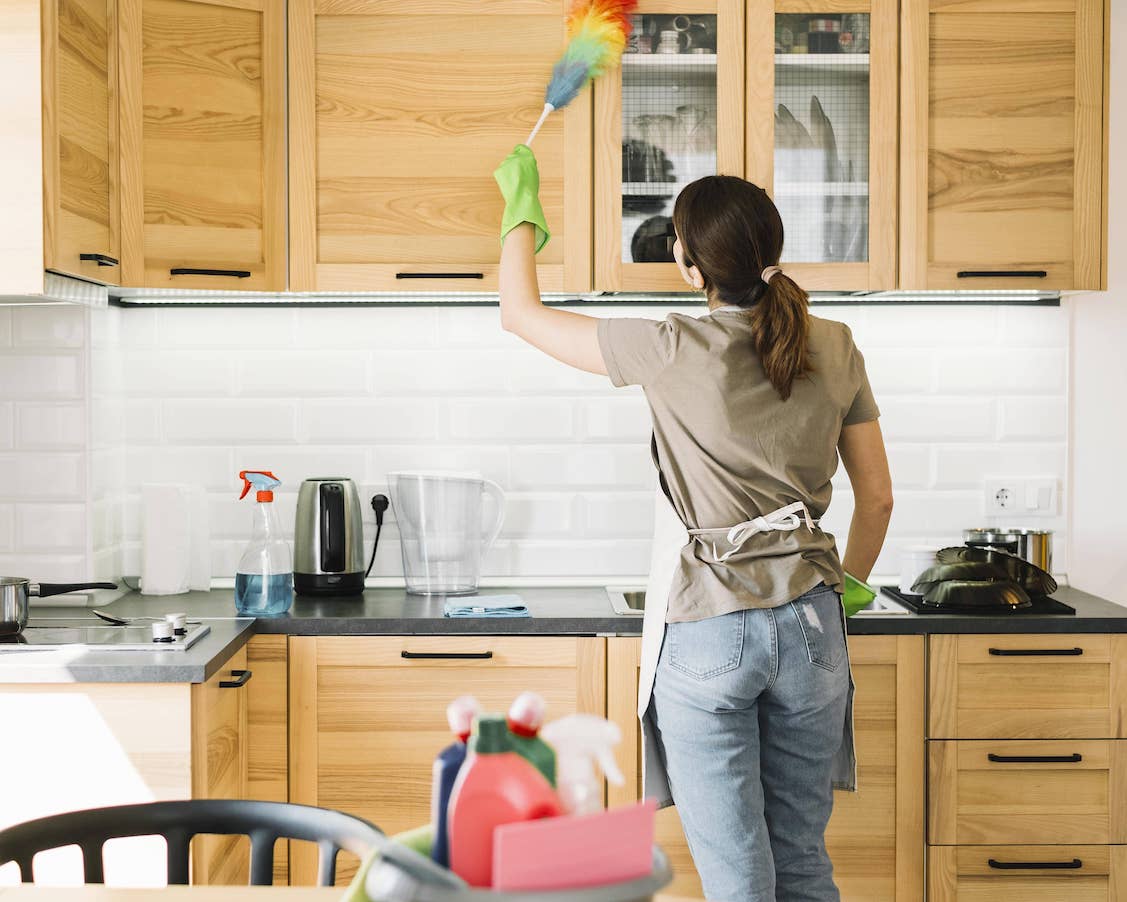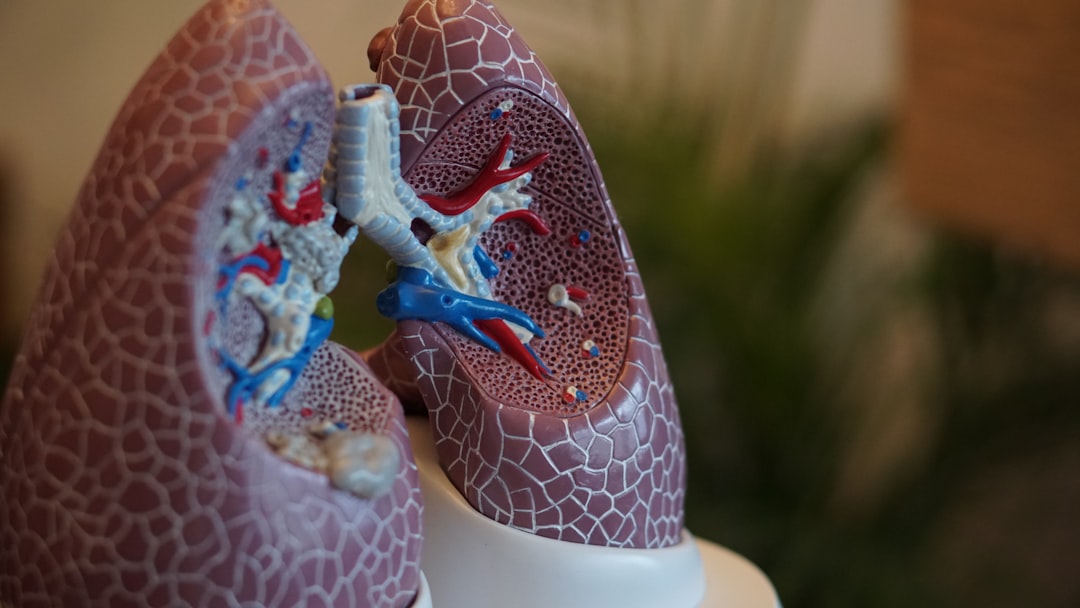Why Is Self Care Important?

Photo by Debby Hudson on Unsplash
You hear it everywhere.
Self-care.
It’s a hashtag, a buzzword, the centerpiece of many health and wellness quotes.
But why is it so important?
There was a time I didn’t even consider self-care. I was in my early twenties. Heck, even up through my late-twenties.
I took on every commitment I possibly could. When somebody would ask extra of me, I’d say yes, even if I wanted to say no. I felt it in my body. There would be a cringe somewhere around my gut, my muscles would twinge, but I’d shove that somatic cue away and go on with whatever it was I said I’d do. I’m still really good at saying yes sometimes when I really should say no, but hey, I’m learning.
“Self-care is giving the world the best of you, instead of what's left of you.” Katie Reed, Blogger
When I’d take on all this extra stuff, my mental health suffered. There were times I’d drink it away, thinking that was a stress relief. I know now it likely made it all worse.
It’s hard in your twenties, though. I’d wake up to go to class or go to work in a haze, hardly paying attention to the information I was supposed to absorb that day. I probably would have done better in school had I known what self-care was, but what college student does?
Self-care is setting boundaries.
I remember once in my mid-twenties, I was working for an events center. I was a ski bum at the time, meaning I worked in a resort town in the mountains of Colorado. I worked 80-hour weeks, sometimes without much of a break, just to afford the cost of living in such a beautiful place.
One shift, I pulled a muscle in my back. I felt it spasming like my right side wanted to collapse in on itself and I didn't have the strength to make it stop. It was hard to stand upright.
The job involved a lot of heavy lifting. I tried to power through it, but finally, after a few hours of ignoring the obvious cues from my body that something was wrong, I had to call it quits.
My crew wasn’t quite done with the work of the evening, and we were all tired. I went to my supervisor and told her I couldn’t work through this thing I did to my back anymore. She gave me a very disappointed gaze and told me to just go home. I felt so guilty, but I hobbled out of the event center and drove myself home, collapsing onto my bed. It took a couple of days for my back to settle back down.
I know now that it was a toxic work environment. My boss should have realized something was wrong when I couldn’t stand up straight, let alone do any heavy lifting. But toxic work environments exist, and I know now I won’t work in one again.
Self-care is realizing that when your body is telling you something, you really do need to listen. Before pulling that muscle in my back, I was probably getting other somatic cues, cues that I likely just shoved under the rug then proceeded to barrel through work like I always did. Eventually, my body made me stop.
Self-care means you can do better.
I probably wasn’t even doing my best work at the time. The old saying goes, you can’t pour from an empty cup.
My work today, as a licensed massage therapist, is a lot harder to just barrel through if something doesn’t feel right.
My job at the events center was physically demanding. My job now is physically demanding and energetically demanding and mentally demanding.
I also work closely with other people’s energy fields, and I know they can feel when something isn’t right. I don’t do my best work if I'm not at my best. Today, I’m self-employed, so doing my best work every time I show up matters.
If you don’t take care of yourself on the back end, you can’t put your best foot forward on the front end. It’s literally like pouring from a cup that’s already been emptied. There’s nothing there. You need to refill yourself before you can give yourself.
Self-care is doing the dirty work.
Self-care isn’t all 10-hours of sleep and bubble baths. It’s certainly not self-indulgence or selfishness. It’s also cracking down on yourself.
It’s setting a budget for yourself when you need to.
It’s clearing your kitchen of the junk food you know you are sensitive to and learning how to cook a little healthier.
It’s deciding to stay in when all your friends are going out.
Other times, it’s getting a therapist and working through the childhood trauma you went through so that you don’t have to suffer in the past anymore.
Working through trauma isn’t easy, and let's be real, we all have trauma on some level.
It can mean coming to terms with toxic coping habits you’ve been turning to your whole life, and learning how to kick them to the curb when your nervous system spits out chemicals that want you to do otherwise. It’s building self-awareness, which might mean facing your shadow self. We all have a shadow self, and it’s not pretty, but it’s something we’ve got to face regardless.
Science says self-care is important, too.
It’s not just me. It’s not just every other wellness coach and guru out there.
Research implies that self-care improves resilience, lowers mortality, lowers stress, and helps improve the symptoms of things like anxiety and depression.
This study looked at medical students that engaged in self-care and found they reported improved levels of physical and psychological stress and a better-perceived quality of life (and medical school sounds like it’s really, really stressful).
Building yourself a self-care plan.
As I said before, self-care is not about selfishness or self-indulgence. While it does look different for everybody, depending on your lifestyle, career, culture, and a plethora of other factors, there are a few basic things any self-care plan can adhere to.
One easy way to start can be to base a plan on the Substance Abuse and Mental Health Services Administration (SAMHSA)’s 8 dimensions of wellbeing. Look at each one of these dimensions and ask yourself honest questions about where you stand with each one.
- Emotional
- Environmental
- Financial
- Intellectual
- Occupational
- Physical
- Social
- Spiritual
Over the next few weeks, I’ll be diving into each of these dimensions and what it means to practice self-care within the sphere of each one. Stay tuned.
Conclusion.
It can be hard to learn proper self-care, especially if you’re the people-pleasing type (I know I am). It can be a process, and you shouldn’t be hard on yourself as you learn the process. Like learning anything, it takes time, patience, diligence, and persistence.
Remember, if you learn to set boundaries, do the dirty work of self-care, and realize that you can totally give the world a better version of yourself when you’ve taken care of yourself on the back-end, you may just find yourself a happier, more fulfilled human being.












If you enjoyed this article or recipe, please consider giving it a comment! It helps others discover my blog and recipes, and your comments always make my day :) Thank you for your support!
Your email address will not be published. Required fields are marked *
3 comments on Why Is Self Care Important?
I really liked the part where you offer the list of dimensions that everyone should evaluate to start taking care of themselves. Thank you very much!
“You need to refill yourself before you can give yourself” I love that! Being a new mother, I have given my all and my body, even now, is telling me to stop. I need to take the time to actually listen.
At this juncture, yes self care is really important